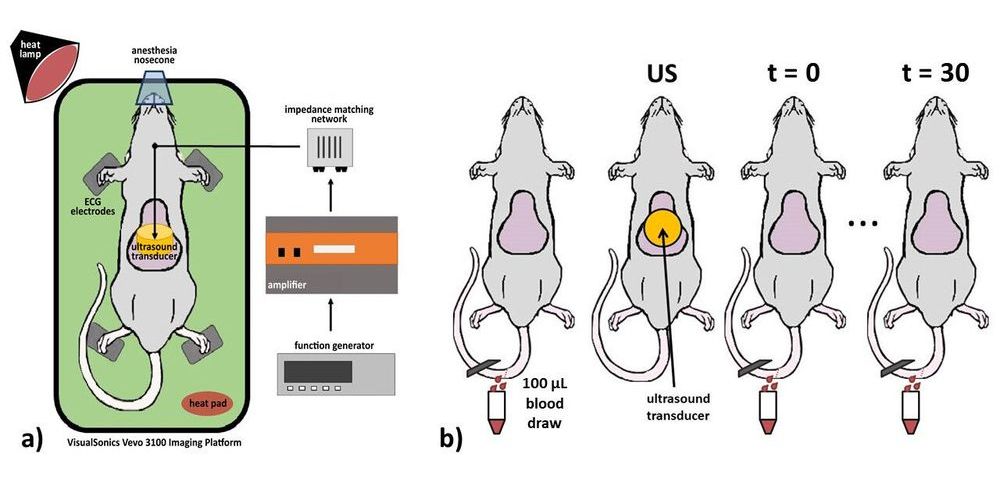The World Health Organization ranks Type 2 diabetes among the most common causes of death in the world. Current treatments can help the body use insulin at various stages of the disease, but they can also be expensive and subject patients to lifelong medication regimens and side effects. Thanks to new therapeutic ultrasound technology, one promising alternative looks to reshape how early Type 2 diabetes is managed.
A group of researchers from George Washington University in Washington, D.C., has used ultrasound therapy to stimulate insulin release from mice on demand. After exposing the pancreas, the body’s insulin production center, to ultrasonic pulses, the researchers saw measurable increases in the mice’s blood insulin levels.
The team will present their findings at the 177th Meeting of the Acoustical Society of America, which takes place from May 13–17, at the Galt House in Louisville, Kentucky.










Comments are closed.